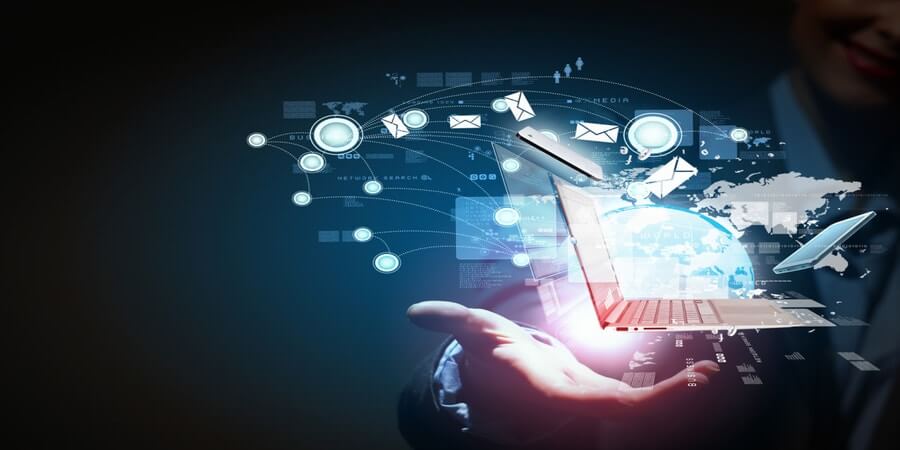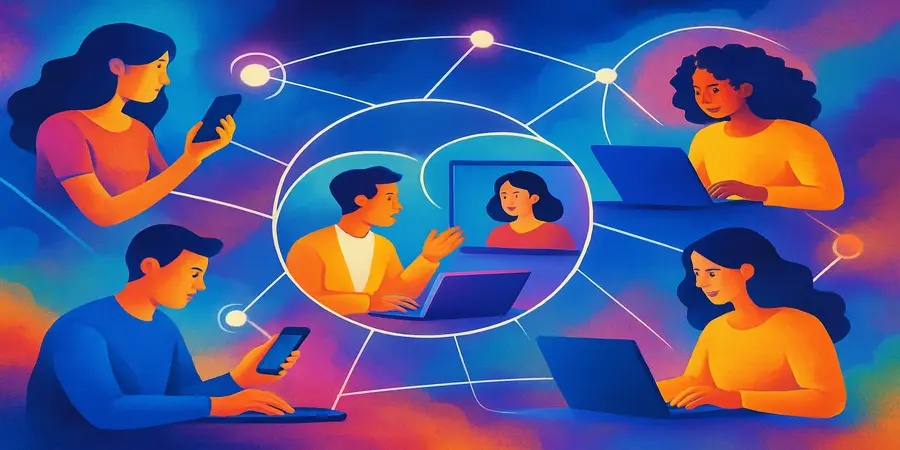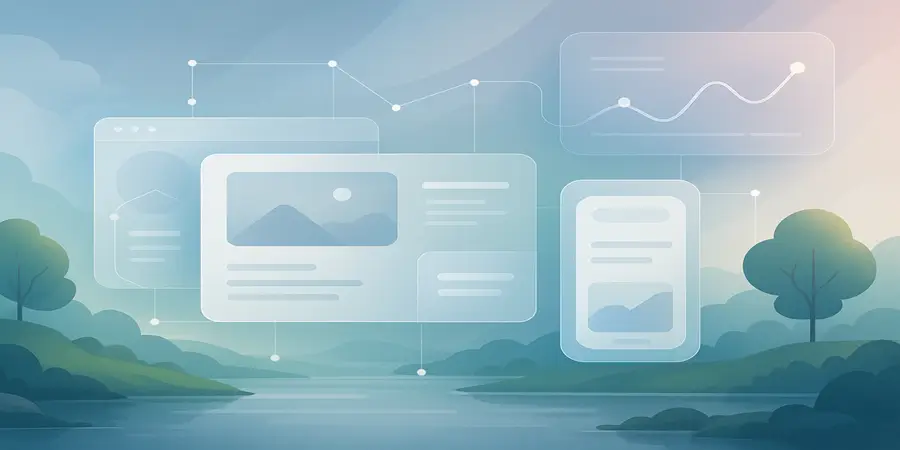Introduction
The year 2023 has been a landmark in technological advancements, with innovations transforming industries and redefining the way we live and work. From breakthroughs in artificial intelligence to sustainable energy solutions, these emerging technologies are setting the stage for a future that’s more connected, efficient, and intelligent.
1. Generative Artificial Intelligence (AI)
Generative AI has revolutionized content creation, enabling machines to produce text, images, and even code. Tools like ChatGPT and Midjourney have become mainstream, assisting in various sectors from education to entertainment.
2. Quantum Computing
Quantum computing has moved from theoretical research to practical applications. Companies are developing quantum processors aimed at solving complex problems beyond the capabilities of classical computers, impacting fields like cryptography and drug discovery.
3. Sustainable Technologies
The push for sustainability has led to innovations in green technologies. Advancements in solar energy, particularly in thin-film and perovskite solar cells, have improved efficiency and reduced costs. Additionally, the development of sustainable aviation fuels and biodegradable materials reflects a broader commitment to environmental responsibility.
4. Advanced Defense Technologies
Modern conflicts have accelerated the development of advanced defense technologies. Investments in drones, AI-driven surveillance systems, and autonomous weapons have increased, reshaping military strategies and raising ethical considerations about the future of warfare.
5. Decentralized Finance (DeFi) and Blockchain Innovations
Blockchain technology continues to evolve, with decentralized finance platforms offering alternatives to traditional banking systems. Innovations in smart contracts, non-fungible tokens (NFTs), and decentralized autonomous organizations (DAOs) are creating new economic models and governance structures.
6. Metaverse and Extended Reality (XR)
The concept of the metaverse has gained traction, with companies investing in virtual and augmented reality experiences. These technologies are being integrated into gaming, remote work, and social interaction platforms, aiming to create immersive digital environments.
7. Edge Computing and 5G Expansion
The expansion of 5G networks has facilitated the growth of edge computing, allowing data processing closer to the source. This development enhances real-time data analysis and supports applications like autonomous vehicles, smart cities, and Internet of Things (IoT) devices.
8. AI in Healthcare
Artificial intelligence is increasingly applied in healthcare for diagnostics, personalized medicine, and administrative tasks. Machine learning algorithms assist in early disease detection, treatment planning, and managing patient data, improving overall healthcare delivery.
9. Cybersecurity Enhancements
With the rise in digital threats, cybersecurity technologies have advanced to protect data and infrastructure. Innovations include AI-driven threat detection, zero-trust security models, and enhanced encryption methods to safeguard against cyberattacks.
10. Autonomous Vehicles
Autonomous vehicle technology has progressed, with companies conducting extensive testing and pilot programs. Advancements in sensors, machine learning, and regulatory frameworks are bringing self-driving cars closer to mainstream adoption.
Conclusion
These emerging technologies from 2023 are not only transforming industries but also setting the stage for future innovations. Staying informed about these trends is crucial for businesses, policymakers, and individuals aiming to navigate the evolving technological landscape.
FAQs
Q1: What is Generative AI, and why is it significant in 2023?
Generative AI refers to algorithms that can create new content, such as text, images, or code. In 2023, it has become significant due to its widespread adoption in various industries, enhancing creativity and productivity.
Q2: How is quantum computing different from traditional computing?
Quantum computing uses quantum bits (qubits) that can represent multiple states simultaneously, allowing it to solve complex problems more efficiently than traditional binary computing.
Q3: What are the applications of edge computing?
Edge computing processes data closer to its source, reducing latency. It’s applied in autonomous vehicles, IoT devices, and real-time data analysis in various sectors.
Q4: How is AI transforming healthcare in 2023?
AI is aiding in early disease detection, personalized treatment plans, and efficient patient data management, leading to improved healthcare outcomes.
Q5: What advancements have been made in autonomous vehicles?
In 2023, autonomous vehicles have seen improvements in sensor technology, machine learning algorithms, and regulatory support, bringing them closer to widespread adoption.















